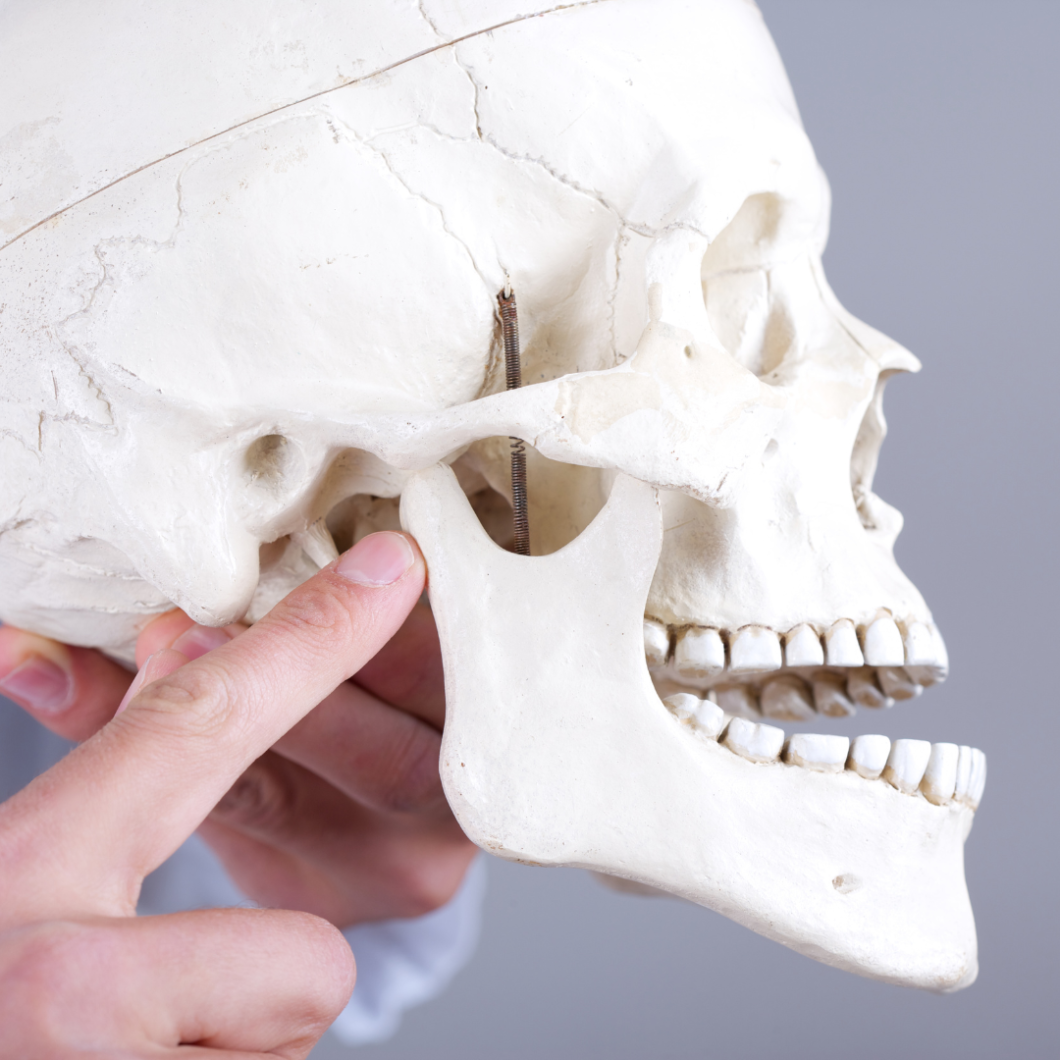Understanding Temporomandibular joint (TMJ) disorders, which are a common source of persistent jaw pain, headaches, and discomfort, which can significantly impact daily life. The TMJ connects your jaw to the skull, allowing you to talk, chew, and move your jaw smoothly. When this joint becomes irritated or damaged, it can cause a range of uncomfortable symptoms. In this post, we’ll explore the causes of TMJ disorders, their symptoms, and the available treatments that can help alleviate pain and improve quality of life.
Causes of TMJ Disorders
TMJ disorders can stem from various causes, making them difficult to diagnose at times. Common causes include:
- Arthritis: Conditions like osteoarthritis and rheumatoid arthritis can cause wear and inflammation in the TMJ.
- Jaw Injuries: Trauma to the jaw, such as from an accident or impact, can damage the TMJ or surrounding muscles.
- Jaw Misalignment: Poor alignment or an imbalanced bite can place excess strain on the TMJ, leading to pain over time.
- Stress-Related Teeth Grinding (Bruxism): Chronic teeth grinding, especially during sleep, places ongoing stress on the joint and surrounding muscles.
Common Symptoms
TMJ disorders present with a range of symptoms that can vary in intensity. These include:
- Jaw Pain and Tenderness: Discomfort is often concentrated around the jaw area, particularly near the ears.
- Headaches and Migraines: Many people with TMJ disorders experience frequent headaches or migraines.
- Clicking or Popping Sounds: When opening or closing the mouth, some may notice a clicking or popping sound due to misalignment.
- Limited Jaw Movement: The jaw may feel stiff or “locked,” making it difficult to open fully or move comfortably.
Treatment Options
Fortunately, TMJ disorders are manageable, and several treatment options are available:
- Self-Care Practices: Using hot or cold compresses, practicing gentle jaw exercises, and avoiding hard or chewy foods can alleviate minor symptoms.
- Dental Appliances: Mouthguards or splints help relieve pressure on the TMJ, especially for patients who grind their teeth.
- Physical Therapy: Therapy can improve muscle strength and flexibility around the jaw, reducing pain and improving function.
- Medications and Injections: Anti-inflammatory medications or corticosteroid injections can reduce inflammation and pain.
- Surgery: In severe cases, surgical intervention may be necessary to correct structural issues within the joint.
If you’re experiencing persistent jaw pain or other TMJ-related symptoms, it may be time to consult a dental professional. They can help diagnose the issue and discuss the most suitable treatment options for you. Addressing and Understanding TMJ discomfort early can lead to effective pain relief and a better quality of life.

